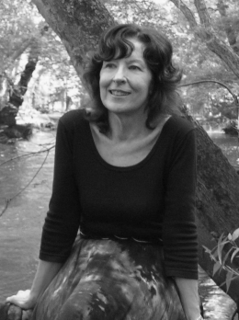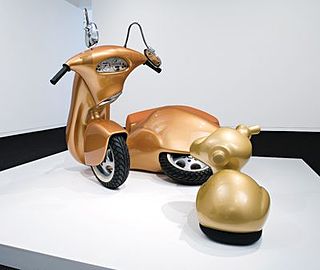A Quote by Mohsin Hamid
I often use nameless places in my work as a way of allowing the readers to create more of the novel and to make it potentially about their experiences, what they know, a city that they have perhaps seen on television.
Related Quotes
I've spent most of my life in L.A. and I'm still amazed at things that I don't know about the place. There are a lot of places I've never been to yet and I may never even make it. There's so much here and there's so much of a variety in terms of culture now. It's amazing. It's all here in one big city. In a lot of ways, the city is unique in the world because it's hard to find another city that has the diversity and range. It's a microcosmic planet, if you look at it that way. And in that sense, it's very much an experimental city.
I hope that if the people who read my work encounter people in the real world who are like the characters that I write about, that maybe that might make them feel empathy for those people. I know it sounds idealistic in a way, but I do hope that my work maybe changes some minds, and that my work makes readers see people as human that maybe before they read my work they might not have seen as humans, and those people include me and my family and my kids, people in my community.
It's disingenous for me to say that I wasn't trying to write a moral novel. By its very nature as a novel about the Iraq War, Fobbit steps into the political conversation. There's no way to avoid that. I can appreciate that readers are probably going to line up on one side of the novel or the other. I hope they go to those polar extremes, actually.
My favorite actors are actors who are enigmatic and mysterious and never make the obvious choice in terms of the projects they do or who they work with or their craft. But I think that the less I know about an actor, the more chance I have of allowing their own persona to kind of slip away so I can get completely lost in the character they're playing, and the more that people think they know about your personal life, the more difficult it becomes to preserve that.
I often hear people say that they read to escape reality, but I believe that what they’re really doing is reading to find reason for hope, to find strength. While a bad book leaves readers with a sense of hopelessness and despair, a good novel, through stories of values realized, of wrongs righted, can bring to readers a connection to the wonder of life. A good novel shows how life can and ought to be lived. It not only entertains but energizes and uplifts readers.
When I was in advertising, I did a great deal of work on television commercials. A co-worker and I wrote a screenplay, which led to a few more screenplays, and some were optioned by production companies. I was advised to move to California but didn't want to make the move. I decided to use another form of storytelling, so I wrote a novel.
The more readings a novel has, even contradictory, the better. In journalism, you talk about what you know; you have provided yourself with records, you have gathered information, you have performed interviews. In a novel, you talk about what you don't know, because the novel comes from the unconscious. They are very different relationships with words and with the world. In journalism, you talk about trees; in the novel, you try to talk about the forest.






































